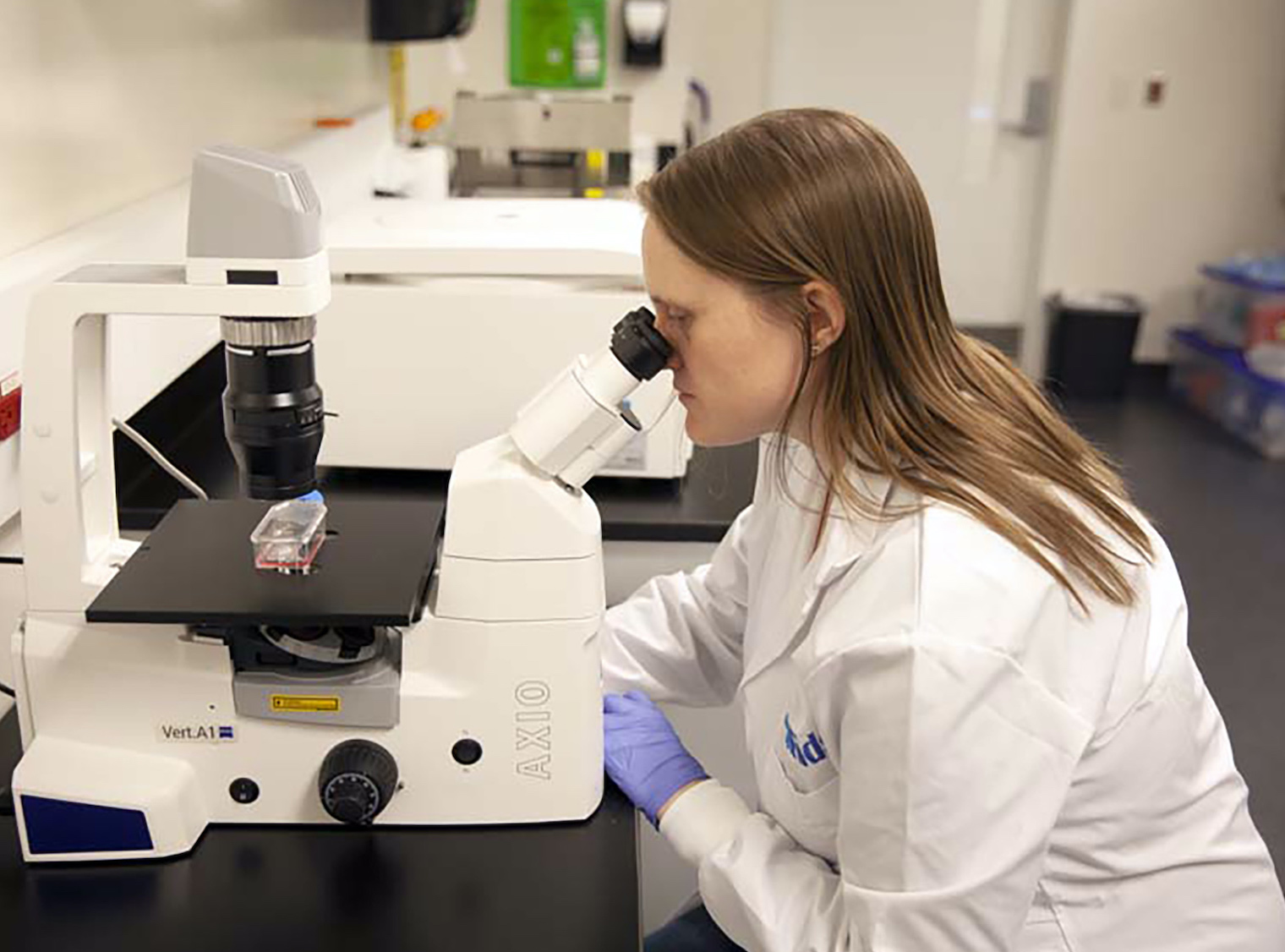-
May 21: The Week in Cancer News
The U.S. Preventive Services Task Force lowers its recommended age to begin colorectal cancer screening to 45, and a major multiple myeloma study begins in Iceland.
by Bradley Jones
-
Rethinking Access to Disability Benefits
Advances in screening and treatment mean there are more cancer survivors than ever, but survivors who struggle to work can face difficulty getting disability payments.
by Jen Tota McGivney
-
Should All Kids With Cancer Get Genetic Testing?
Testing children with cancer for hereditary mutations could impact their treatment and provide information relevant to other family members.
by Marcus A. Banks
-
Understanding How Radiation Causes Cancer
Researchers are investigating who is at greatest risk for radiation-induced cancers.
by Kate Yandell
-
How Long Do Immunotherapy Side Effects Last?
For people with melanoma who receive immune checkpoint inhibitors after surgery, side effects can remain even after treatment has been completed. These chronic side effects are most often mild.
by Anna Goshua
-
Chemobrain: It’s Not Your Imagination
Scientists discussed the mechanisms of chemotherapy-related cognitive impairment at a session dedicated to symptom science at the AACR Annual Meeting 2021.
by Marci A. Landsmann
-
Searching the Blood for Signs of Altered Immunity
The immune systems of people with blood cancer respond differently to infection with the coronavirus than the immune systems of people without cancer or with solid tumors.
by Kate Yandell
-
March 26: The Week in Cancer News
Underrepresentation of members of minority groups in public genomic databases could lead to misleading test results, and a study provides new insight into how melanoma metastasizes.
by Bradley Jones
-
Forward Look
A Strategy to WatchSome rectal cancer patients may safely avoid life-altering surgery.
by Kristine Conner
-
Healthy Habits
Daily DoseAspirin can be taken daily to reduce the risk of colorectal cancer, but it's not recommended for everyone.
by Bradley Jones
Cancer Talk
An Evidence-Based Guide to Integrative Medicine
ASCO and the Society for Integrative Oncology issue recommendations for integrative medicine approaches that have been supported with research.
by Teresa Bergen
A Look at Disparities Across Cancer CareA new AACR report tracks progress in addressing cancer health disparities and identifies work that still needs to be done.
by Eric Fitzsimmons
Credit Agencies to Remove Some Medical Debt From ReportsChanges to what medical debt is included in credit reports could give patients more time to resolve outstanding bills.
by Karon Warren
The Mental Toll of a Cancer DiagnosisNew studies shine a light on the effects of a cancer diagnosis on mental health and suicide risk.
by Pamela Rafalow Grossman















